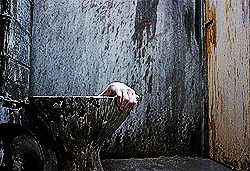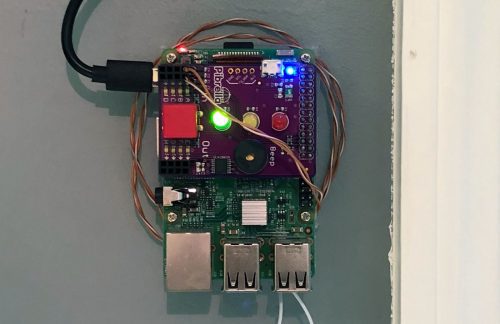Schlagwort: toilet
-

Toilet Tracker: automated poo-spotting, no cameras
Reading Time: 2 minutesIt might be that I am unusually particular here, but there is nothing (absolutely NOTHING) that upsets me more than dirty toilets. Yes, I know this is the epitome of a pampered-person’s phobia. But I have nightmares — honest, actual, recurring nightmares — about horrible toilets, and I’ll plan my day around…
-

Tired of queuing for the office toilet? Meet Occu-Pi
Reading Time: 2 minutesThis is the story of Occu-Pi, or how a magnet, a Raspberry Pi, and a barrel bolt saved an office team from queuing for the toilet. The toil of toilet queuing When Brian W. Wolter’s employer moved premises, the staff’s main concern as the dearth of toilets at the new office, and…
-

Man Creates 22K Gold Toilet Paper, Wants You to Pay $1-Million for a Roll
Reading Time: < 1 minuteAccording to its creator, „Toilet Paper Man“, this is the world’s most expensive toilet paper roll in the world. It’s a quality 3-ply toilet paper, made entirely from 22 carat gold throughout the roll – „as you use the toilet paper 22 carat gold flakes will fall onto the floor and…


